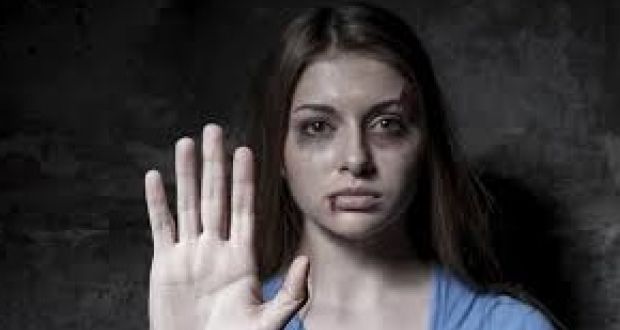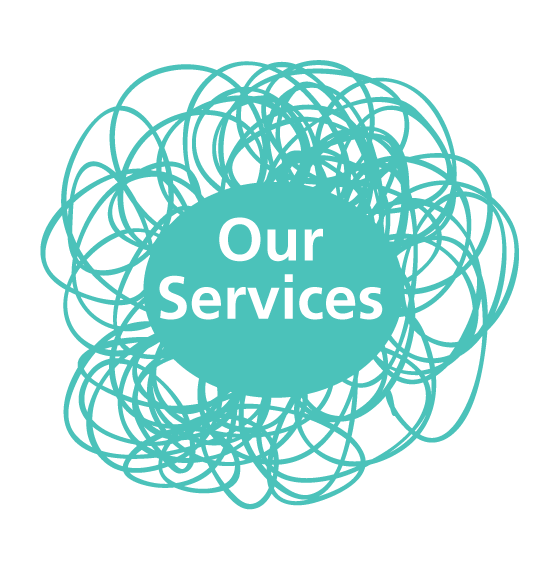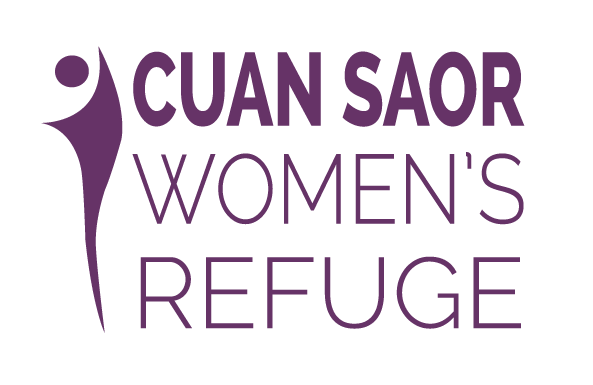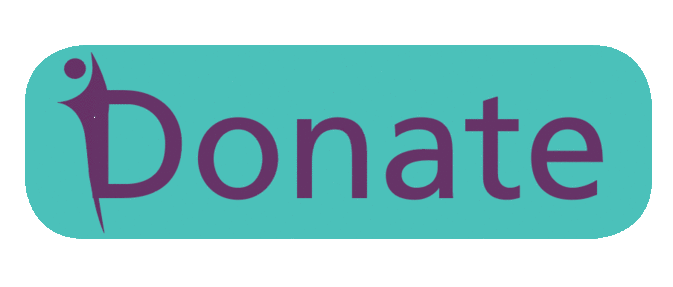
How to recognise domestic violence or abuse
Domestic violence is more common than most people realise and is often unreported and misunderstood. Research suggests that approximately 213,000 women and 88,000 men in Ireland have been severely abused by a partner at some stage. The term ‘domestic violence’ goes refers to more than actual physical violence. It can also involve controlling aspects including the destruction of property, isolation from friends and family, threats to others including children, bullying, stalking, and/or control over access to money, personal items, food, transportation and the telephone. Many women are rural based, leaving them isolated without access to any help resulting in low self esteem and further worry.
Domestic violence is pattern of repeated abusive and controlling behaviour that occurs within an intimate relationship, (i.e. family, spouse, partner etc.) and may even continue after the relationship has ended. It occurs in all social classes, all ethnic groups and among people of every educational background.
Signs that domestic abuse is taking place include (but are not limited to);
One partner being afraid of the other.
The person feeling like they are constantly ‘walking on eggshells’ because of mood swings.
They spend their time working out what kind of mood the partner is in and the focus is always on their needs.
One partner loses their temper easily, and over minor things.
They have hit or almost hit the victim and/or their children.
The partner has been abusive in a previous relationship.
The partner criticises the family and friends of the victim and/or makes it difficult for the victim to see them, or talk to them, on your own.
The partner calls the victim names and threatens them and/or their children.

When trying to help someone, it’s important to understand that living in an abusive situation, safety, theirs and their children’s, is the number one priority. You may not be able to control the abuse, but you can help them to take steps to protect themselves and their family. Cuan Saor can help the victim put together a safety plan.
If you know that the victim is in serious immediate danger/if you are in serious immediate danger;
Always call the Gardaí 999/112 when you can.
Get out, if you can.
If you cannot get out, avoid going into places like the kitchen and garage (plenty of potential weapons).
Avoid rooms with small areas (presses or crawl spaces) as you may end up trapped.
Stay away from rooms without windows.
Alert your friends, family, or a neighbour that you’re in trouble and need help NOW.
Preparing to leave
If you do plan to leave, decide when and where you will go. You may have to confide in your children that it may be necessary to leave home at some point in the future. Make sure they are old enough to understand that this must be kept secret and reassure them that you have plans for how to protect them but that you need their co-operation.
Plan an escape route and teach it to your children.
Agree a code word to signal to your children that it’s time to leave NOW.
If you feel you it’s not safe or appropriate to confide in your children, try to have their belongings ready, if possible.
If you can, open a savings account in your own name to establish and increase your financial independence.
Identify who will let you and your children stay with them or lend you some money.
Leave money, extra keys, and copies of important documents and clothes with someone you trust.
What to take with you.
If you do leave, try to bring the essentials, especially documents that may be hard to retrieve later. But remember the most important thing is getting to safety. Don’t worry if you cannot take any of the items mentioned below. You can return later with someone to support you.
Main items:
Money
Clothing
Identification (driver’s license, passport, birth certificates for yourself and your children)
Medication
ATM, credit and debit cards
keys to your car, home, and office
Your children’s favourite toys or blankets.
Important numbers to remember/keep somewhere safe;
Local taxi
Friends and family
Cuan Saor Freephone Helpline
Local women’s refuge
Local rape crisis centre
Social welfare office
Housing office
Solicitor
Your doctor
Your work supervisor
Local Garda station

If you need help now, call us on our 24 hour line. 1800 57 67 57.
Cuan Saor Womens Refuge supporting and changing lives

Cuan Saor provides the following services:
- Refuge accommodation (short-term crisis accommodation)
- 24 Hour/365 day Freephone helpline
- Support and information (drop-in or by appointment)
- Counselling
- Outreach to designated clinics in South Tipperary area
- Court Accompaniment Service
- Aftercare
- Training and Awareness-raising
- Child and Family Support

All services are free and confidential.
Simply dial the Freephone helpline 1800 576757 to access the service and a trained member of staff will listen and provide support and information and explain other aspects of services we provide. This service is available 24/7 365 days a year.
24 hour helpline 1800 57 67 57 Email support@cuansaor.org
Cuan Saor's Vision:
Cuan Saor has a vision of society which respects the human rights of
women and children to live violence free.

Cuan Saor's Mission:
Cuan Saor’s Mission is to support all women and children
who have experienced domestic violence
Cuan Saor Womens Refuge supporting and changing lives

Supporting and
changing lives.
Get in Contact today with Cuan Saor, we have counsellors on hand to talk you through your experience



